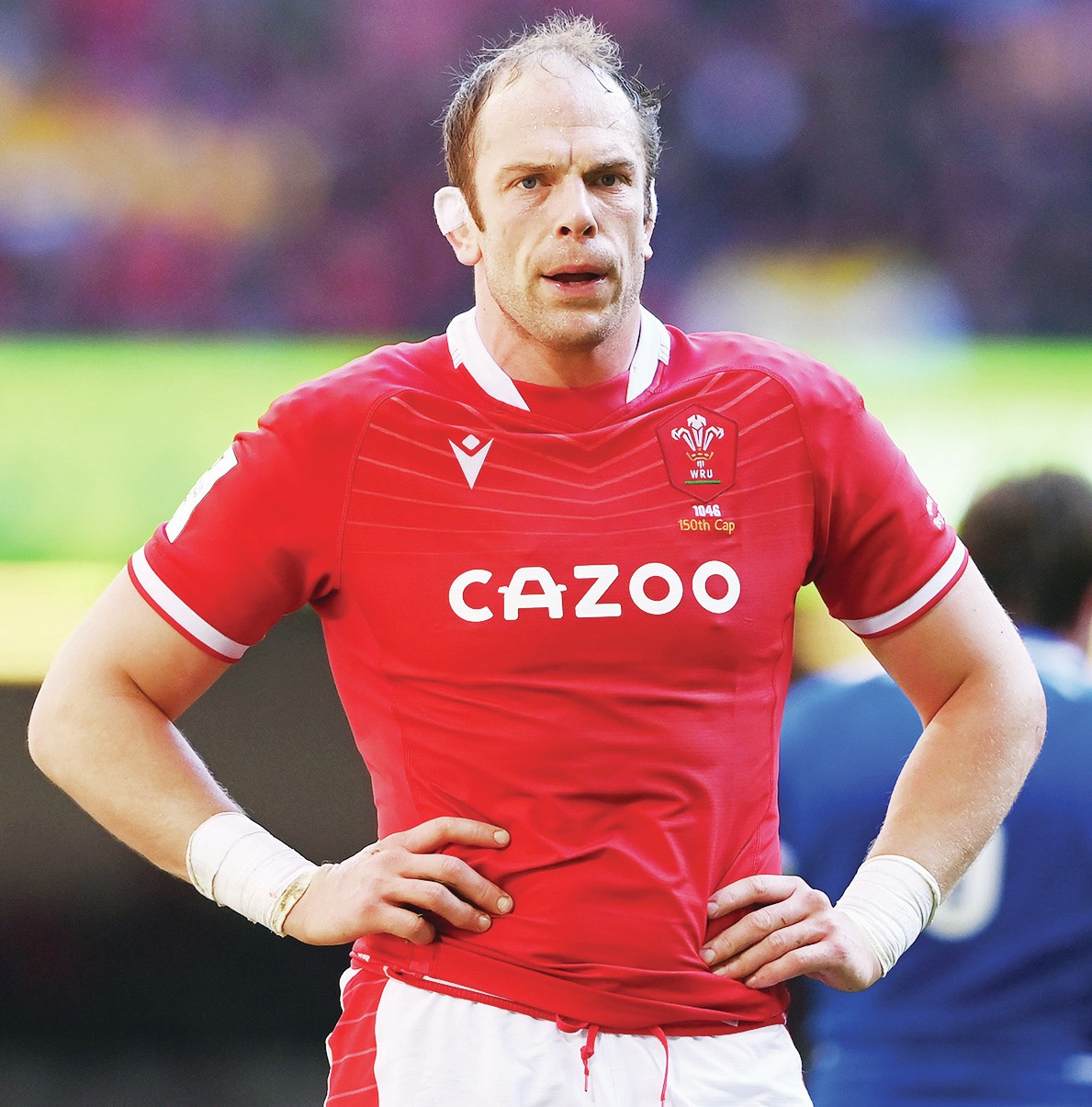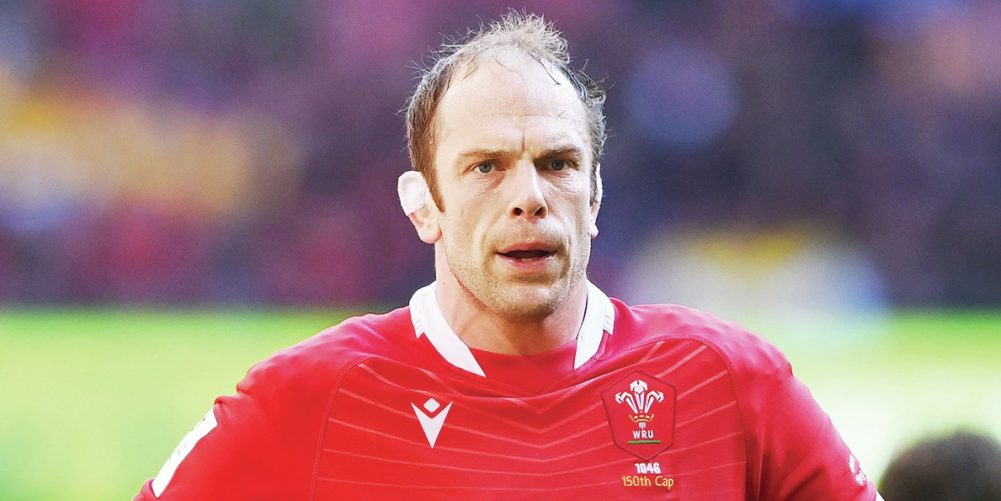PETER JACKSON
THE MAN TRULY IN THE KNOW

During a BBC interview last week, Alun Wyn Jones waxed lyrical about the grand family occasion planned around his 150th match for Wales. Then, perhaps as an acknowledgement that the rugby gods are not always kindly disposed towards those who take them for granted, he said: “This weekend will mean nothing if we don't get the win.''
Heaven knows, Jones ought to have had ample reason to be wary. He knew better than any of his contemporaries across the world that it is wise not to tempt fate in the approach to a major landmark.
Jones had passed three and lost them all – his first Test, lost to Argentina in June 2006, his 50th, lost to England at Twickenham in August 2011, his 100th, lost to New Zealand in Auckland in June 2016.
Italy, beaten 36 times in 36 Six Nations matches since their last win seven years ago, seemed to be the perfect opponent. While the fans thought it a foregone conclusion, there is a case to be made that the Wales management made it a little less so in their selection.
To pre-empt accusations of being wise after the event, it is salient to point out that I asked why Wales would need to rush Jones back into their team as soon as they declared him available for selection after the near-miss against France.
Two reasons for not picking him leapt out: one, he hadn't played a match since October; two, that Will Rowlands had established himself as one of the finds of the tournament in tandem with Adam Beard. To have parked Jones on the bench and brought him on for the final few minutes, assuming the game had been won, would have been questionable enough. But to start with Jones at Rowlands' expense seemed hard to justify.
What kind of message did that send to a player who had bust the proverbial gut in the four previous matches? And how much did that contribute, however subconsciously, to the collective mindset that Wales would win the match with any XV?
Bringing Jones back in such indecent haste could have been justified had this been his farewell to the Test stage. That he has long declared his ambition to make next year's World Cup made that unnecessary. Wales naming their team a full 48 hours earlier than usual prompted speculation that Jones' selection had been made with the box-office in mind, forcing Wayne Pivac to deny that it had been done to sell tickets.
“Sentiment in international rugby still has its place -at the end”
How the head coach must have wished in hindsight that all the ceremonial stuff swirling around Jones' 150th and Dan Biggar's 100th had been left where it belonged, after the match had finished not before it started. Sentiment in international rugby still has its place -at the end.
At the Principality Stadium last weekend it came across as a distraction, an impression strengthened by what followed. Somehow it didn't look right and it might have left the Italians, waiting patiently in their huddle, saying to themselves: “They think we're beaten before we start.''
Wales never came remotely close to generating the kind of intensity which had enabled them to go closer than anyone else to derailing the French Grand Slam. No sooner had Rowlands replaced Jones than he showed what Wales had been missing, stealing an Italian throw. Had loosehead Wyn Jones not been denied a late bonus-point try, they would have finished third and been around £1m better off in prize money.
Ultimately, their sloppiness left them exposed to being stripped bare by anyone daring to do something special. Ange Capuozzo's wizardry left Pivac and his coterie of coaches – Jonathan Humphreys, Stephen Jones, Gethin Jenkins – to calls for their removal. That won't happen if only because the two-year break clause in their contracts passed 12 months ago with a resounding vote of confidence all round after an unexpected Six Nations title.

Had they got away with it last Saturday, a winning finish would not have prevented an inquest into why Wales fell so far short of the standard they set the previous season.
Even making allowance for a lengthy list of absentees, the Six Nations raised some serious questions for Wales. One stands out: why did their creative levels fall so alarmingly that, after 20 tries last year, they could only manage eight this year and half of those came from the pack.



























